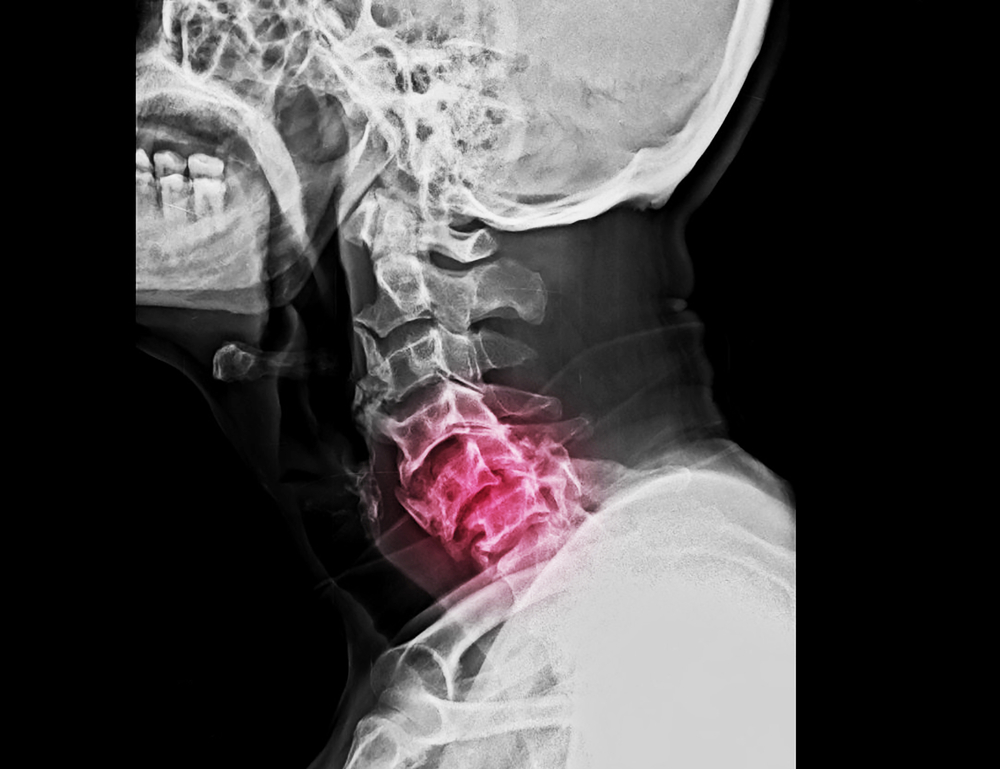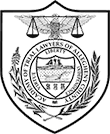
One of the most devastating kinds of injuries that a car accident victim can suffer is a spinal cord injury. Unfortunately, the damage caused by a spinal cord injury is usually permanent, leading to a lifetime of physical difficulties.
How Auto Accidents Cause Spinal Injuries
Car accidents can cause spinal cord injuries when a vehicle occupant’s body suffers a sudden blow to the spinal cord or surrounding tissues, including spinal discs or vertebrae. This traumatic force can sever the spinal cord on its own or may cause injuries such as herniated discs or broken or dislocated vertebrae that in turn damage the spinal cord. When the nerve cells in the spine are damaged or severed, it can interrupt the flow of signals from the brain to the rest of the body and vice versa.
Types of Spinal Cord Injuries
Spinal cord injuries are generally categorized as either incomplete or complete injuries. In an incomplete spinal cord injury, the spinal cord is only partially severed. This usually results in an injury victim retaining some degree of sensation and motor function below the level of the injury. In a complete spinal cord injury, the cord is completely severed, cutting off all signals from the brain to below the level of the injury and causing total paralysis.
Paralysis is also categorized by the parts of the body that are affected. Paralysis of the lower half of the body is called paraplegia, while paralysis from the shoulders or upper chest down is known as quadriplegia or tetraplegia. Finally, paralysis limited to the left or right sight of the body is called hemiplegia.
Symptoms of Spinal Cord Injuries
A spinal cord injury will cause certain acute symptoms immediately after a car accident, including:
- Severe pain or extreme pressure in the head, neck, or back
- Odd positioning or twisting of the neck or back
- Impaired breathing
- Numbness, tingling, or loss of sensation in hands and/or feet
- Difficulty walking or maintaining balance
- Weakness or paralysis in any part of the body
- Loss of bladder or bowel control
Spinal cord injuries often result in long-term or permanent paralysis, which can have symptoms such as:
- Loss of motor function
- Loss of feeling or altered sensations of heat, cold, or touch
- Exaggerated reflexes or muscle spasms
- Impaired bladder or bowel control
- Changes to sexual function and sensitivity
- Chronic pain or stinging sensation near the site of injury
- Respiratory issues, including difficulty breathing, coughing, or clearing secretions from the lungs
- Circulatory problems, including low or high blood pressure or irregular heartbeat
- Loss of bone density
- Loss of muscle tone
- Pressure ulcers caused by lack of movement
How to Reduce the Risk of Car Accident-Related Spinal Cord Injuries
Tips to follow to help reduce the risk of you or a loved one suffering a spinal cord injury in a car accident include:
- Remembering to always wear seat belts, no matter how short your ride may be.
- Ensuring that children are seated in car seats or booster seats appropriate for their age and height; children should sit in the rear seat until reaching the age of 13.
- Making sure that your vehicle’s airbags are functional. Do not drive a car that has been in an accident until you’ve had a mechanic confirm that your airbags are functional.
Contact a Philadelphia Personal Injury Lawyer to Discuss Your Car Accident Case in Pennsylvania
Did you or a loved one sustain serious injuries due to a car accident in Philadelphia, Pennsylvania? Don’t let the medical bills pile up while you wait for the negligent party or their insurance company to do the right thing. Right now, you need an aggressive personal injury attorney on your side, fighting to get you the compensation you need, want, and deserve. The skilled attorneys at Baldwin Matzus represent clients injured because of car accidents in Philadelphia, Pittsburgh, Butler, Washington, and throughout Pennsylvania. Call (866) 858-2276 or fill out our online contact form to schedule a free consultation about your case. We have an office conveniently located at One Commerce Square 2005 Market St., Suite 910 Philadelphia, PA 19103, and at 310 Grant St., Suite 3210, Pittsburgh, PA 15219.
The articles on this blog are for informative purposes only and are no substitute for legal advice or an attorney-client relationship. If you are seeking legal advice, please contact our law firm directly.

















